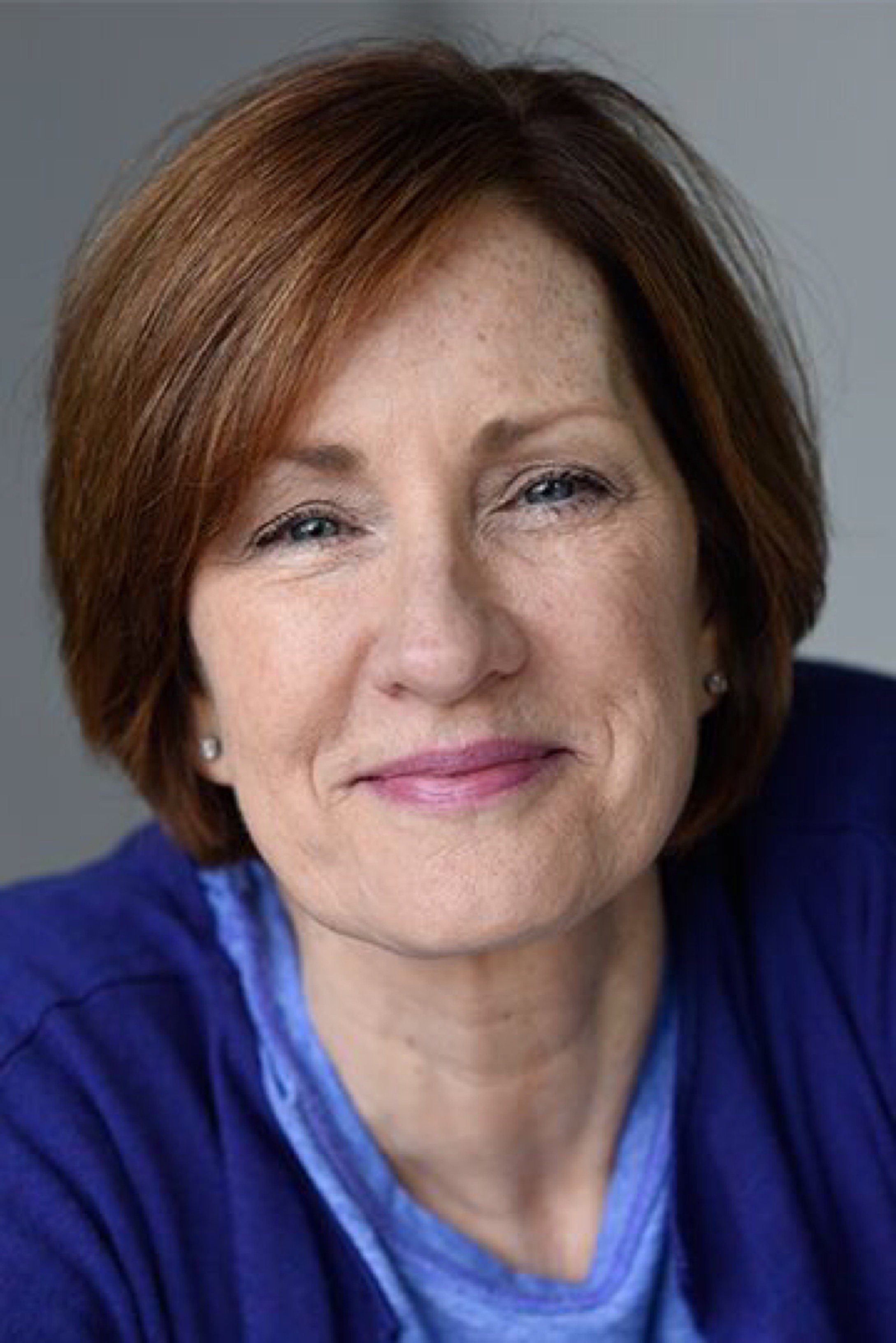If you’ve somehow avoided the recent news articles and frenetic email threads circulating in academic communities, Santa Barbara City College included, let me be the first to tell you: At worst, human creativity and originality in fiction, non-fiction, and poetry are under threat, and at best, the world of writing education is being disrupted and, potentially, “The College Essay Is Dead” (Stephen Marche, The Atlantic).
Indeed, say NPR writers Rosalsky and Peaslee, “We've entered a new world where we're being forced to re-evaluate our education system and even the value — or at least the method — of teaching kids how to write.” The value of writing? Is this “science fiction”? Are we at the “beginning of a revolution”? Whatever the answer to these questions, I agree with Edward Tian, the twenty-two year old who just wrote an app to detect machine-written text called “GPTZero,” that this is an “inflection point” (qtd. in Rosalsky and Peaslee). Explaining his motivation to create the app over his winter break, Tian says, "Human writing can be so beautiful, and there are aspects of it that computers should never co-opt. And it feels like that might be at risk if everybody is using ChatGPT to write.”
What everyone is talking about is “ChatGPT,” a new program just released to the public for free that “generates eerily articulate and nuanced text in response to short prompts, with people using it to write love letters, poetry, fan fiction — and their schoolwork” (Kalley Huang, The New York Times). It can even “write a story in a particular style, answer a question, explain a concept, compose an email” (Rosalsky and Peaslee). How does it do all this? The mind-boggling answer is that “the technology has basically devoured the entire Internet, reading the collective works of humanity and learning patterns in language that it can recreate.” Science fiction indeed, but how we choose to use AI technologies may determine our reality.
I’m hoping these alarm sounding articles turn out to be similar to Y2K – there’s nothing to see here – but just in case, I’m grateful to those who are rushing to create apps and firewalls “to preserve integrity and trust in the education community and beyond” (Chris Caren, Turnitin). In schools, in literature, and in our public discourse, authenticity (and vigilance) has never been so crucial to our survival.
For your reading pleasure:
“This 22-Year-Old Is Trying to Save Us from ChatGPT before It Changes Writing Forever” (Greg Rosalsky and Emma Peaslee, NPR)
“Alarmed by A.I. Chatbots, Universities Start Revamping How They Teach” (Kalley Huang, The New York Times)
“The College Essay Is Dead: Nobody Is Prepared for How AI Will Transform Academia.” (Stephen Marche, The Atlantic)
“AI Writing: The Challenge and Opportunity in Front of Education Now” (Chris Caren, CEO, Turnitin)
Hannah Holbrook teaches composition and literature at Santa Barbara City College and writes essays and half novels (is that not a genre?). She has both attended and volunteered at the Santa Barbara Writers Conference starting in 2016, where she finds support and inspiration for her writing practice.
















